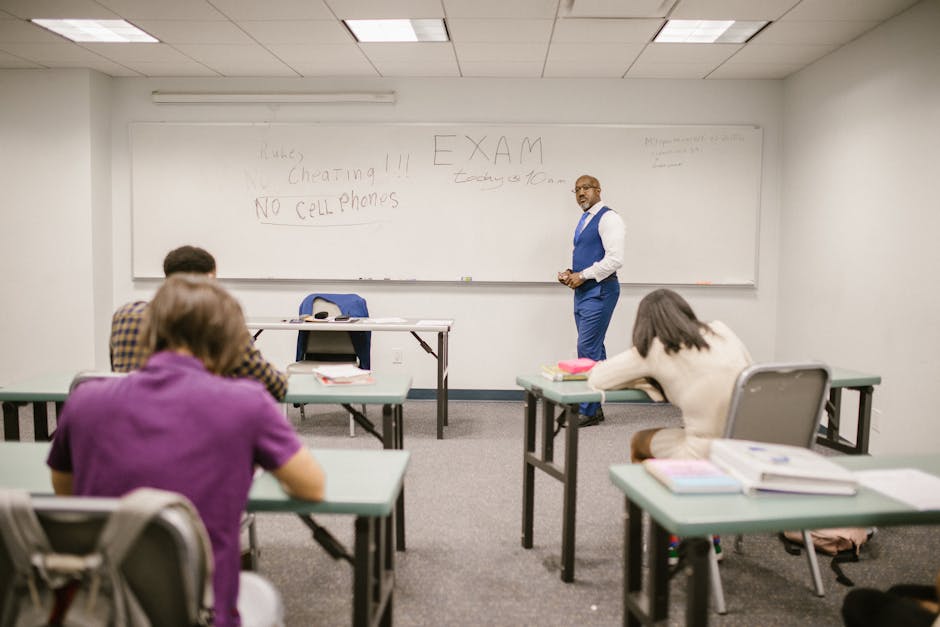Importance of assessment in special education
Assessment is crucial in special education to understand a student’s needs and abilities accurately. Proper assessment helps educators tailor teaching methods to suit each student’s learning style. It also provides valuable insights into a student’s progress and areas that may require extra support. Effective assessment is key to developing individualized education plans that meet the unique needs of each student.
Common challenges in assessment for special education
Assessment in special education comes with its fair share of challenges. Here are some common ones you might encounter:
-
Limited standardized tests for students with diverse needs.
-
Difficulty in accurately measuring progress and abilities due to various disabilities.
-
Finding assessment tools that are suitable and effective for every student’s individual needs.
Understanding individualized assessment plans
Individualized assessment plans are tailored to each student’s unique needs, helping educators identify strengths and areas requiring support. These plans outline specific goals and strategies to measure academic progress accurately. By focusing on individual needs, educators can better support students in their learning journey.
Collaborative approach to assessment
Teachers, parents, and specialists working together benefits special education assessment. A collaborative approach ensures a comprehensive understanding of the student’s strengths and needs. Through shared insights and observations, a more holistic evaluation is achieved, leading to tailored support and interventions that best suit the individual student.
Role of technology in assessment
Technology plays a crucial role in assessment within special education. It allows for more accurate and efficient evaluations of students’ abilities and progress. With the help of technology, teachers and professionals can gather data to tailor individualized education plans. Additionally, technology enables interactive and engaging assessments that can better capture the diverse ways in which students learn.
Strategies for accurate assessment
Assessments in special education can be challenging, but there are strategies to ensure accuracy. One key approach is to use a variety of assessment tools, such as observation, interviews, and standardized tests. Collaboration between teachers, parents, and specialists is essential to gain a well-rounded view of the student’s abilities. Providing multiple opportunities for assessment over time can help capture the student’s progress accurately. Individualized assessment plans tailored to the student’s needs are crucial for accurate assessments. Remember, the goal is to understand the student’s strengths and challenges to provide the best support possible.
Addressing cultural and linguistic diversity in assessment
In special education, it’s crucial to consider cultural and linguistic diversity when conducting assessments. Here are some key points to keep in mind:
-
Cultural Sensitivity: Tailoring assessments to be culturally sensitive helps ensure accurate results and understanding of a student’s abilities.
-
Language Accessibility: Providing assessments in multiple languages or with appropriate language support can help students express their knowledge effectively.
-
Interpreters: Utilizing interpreters for students who speak languages other than the assessment language can facilitate clear communication.
-
Cultural Background: Understanding a student’s cultural background can provide insights into their learning style and preferences.
-
Collaboration: Working closely with families and community members can offer valuable perspectives on a student’s cultural and linguistic needs.
Ensuring fairness and equity in assessment
In special education, ensuring fairness and equity in assessment is crucial. Here’s how you can address this challenge:
-
Provide accommodations to students based on their individual needs.
-
Use a variety of assessment methods to cater to diverse learning styles.
-
Ensure that assessments are culturally sensitive and free from bias.
-
Collaborate with parents and other professionals to gather a holistic view of the student’s abilities.
Implementing assessment accommodations
To implement assessment accommodations in special education, it is essential to first understand the individual needs of each student. This involves collaborating with the student’s parents, teachers, and any other professionals involved in their education. Once the specific accommodations are identified, they should be clearly outlined in the student’s Individualized Education Program (IEP). Some common accommodations include extended time for tests, verbal instructions, sensory tools, and reduced distractions during assessments. These accommodations are designed to help students demonstrate their true abilities and knowledge without being hindered by their disabilities.
Continuous monitoring and adjustment in special education assessment
In special education, continuous monitoring and adjustments in assessment are crucial. This means regularly checking a student’s progress and making changes to their educational plan as needed. Here’s why this ongoing process is so important:
- It helps teachers understand how well a student is learning and where they may need extra support.
- By adjusting assessments, educators can ensure that students are being evaluated fairly and accurately based on their individual needs.
- Regular monitoring allows for timely interventions to be put in place if a student is struggling, helping to prevent falling behind or feeling overwhelmed.
Remember, in special education, the goal is to provide every student with the support they need to succeed.

